Earth Day: 60 Minutes climate stories

On this Earth Day, there’s a lawsuit focused squarely on climate change that’s working its way through the federal court system. It was filed on behalf of a group of kids who are trying to get the courts to block the U.S. government from continuing the support of the fossil fuel industry.
Since the first Earth Day, the planet’s CO2 levels have gone off the rails
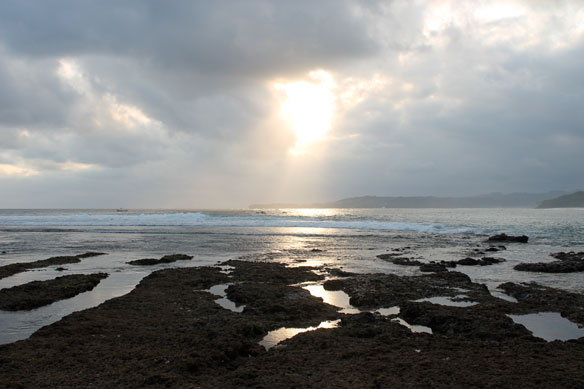
When Americans celebrated the first Earth Day on April 22, 1970, the planet’s atmosphere was markedly different than it is today. Now, almost five decades later, that number has shot up to around 412 ppm, nearly 90 ppm higher. It’s a change atmospheric researchers, geologists, and climate scientists call unparalleled in at least 800,000 years, though it’s likely carbon dioxide levels haven’t been this high in millions years.
Continuing impacts of Deepwater Horizon oil spill
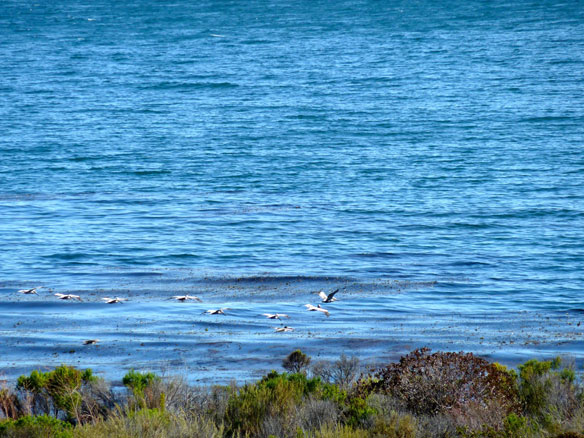
Nine years ago tomorrow, April 20, 2010, crude oil began leaking from the Deepwater Horizon drilling rig into the Gulf of Mexico in what turned out to be the largest marine oil spill in history. A long-term study suggests the oil is still affecting the salt marshes of the Gulf Coast.
Carnival Cruise Ship is on probation for polluting the ocean. They’re still doing it.
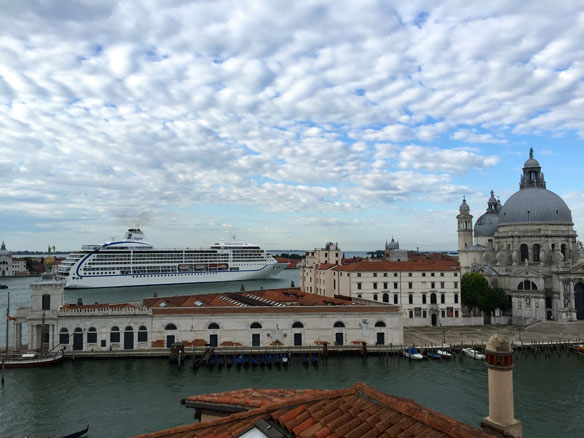
In the year after Carnival Corporation was convicted of systematically dumping oily waste into the ocean and lying about it to regulators, its ships illegally discharged more than a half-million gallons of treated sewage, gray water, oil and food waste, and burned heavy fuel oil in ports and waters close to shores around the world.
Plastic in the North Atlantic has tripled since the 1960s
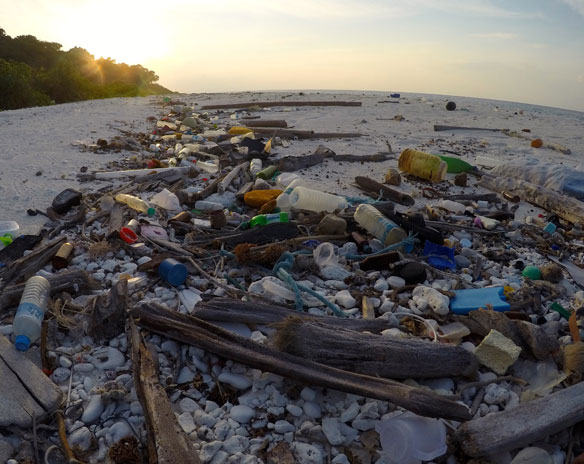
For more than 60 years, scientists in the U.K. have been collecting data on marine plastic, assembling one of the most comprehensive datasets on how much plastic has filtered into the North Atlantic ocean.
Micro plastics are raining down from the sky
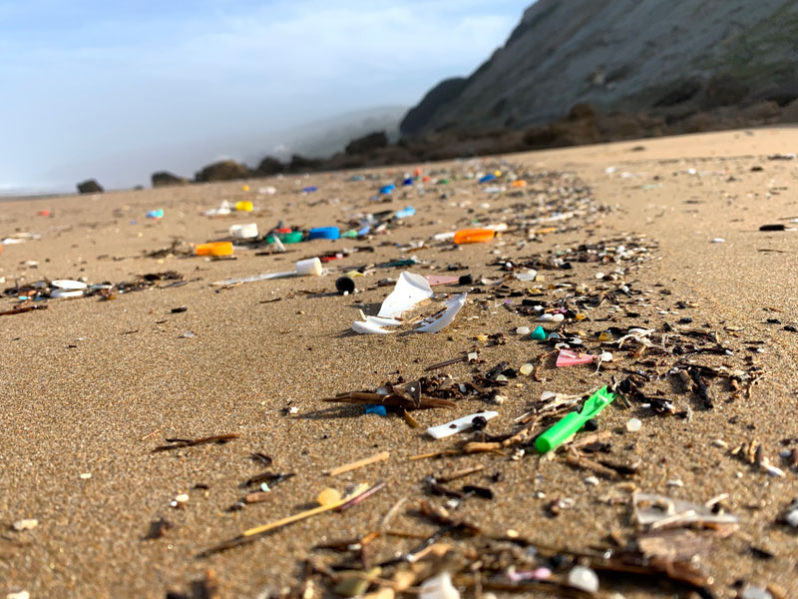
In what looks like a pristine, remote mountain region, tiny pieces of plastic pollution were found raining down from the sky—raising questions about the global extent of plastic pollution—a first-of-its-kind study has found.
Polar Warning: Even Antarctica’s Coldest Region Is Starting to Melt
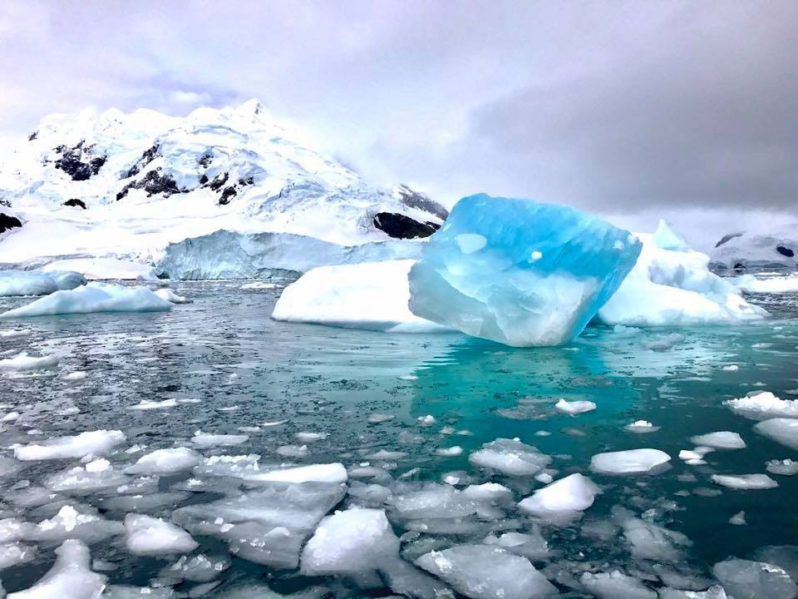
East Antarctica is the coldest spot on earth, long thought to be untouched by warming. But now the glaciers and ice shelves in this frigid region are showing signs of melting, a development that portends dramatic rises in sea levels this century and beyond.
Russia will release 10 orcas, 87 belugas from overcrowded ‘whale jail’
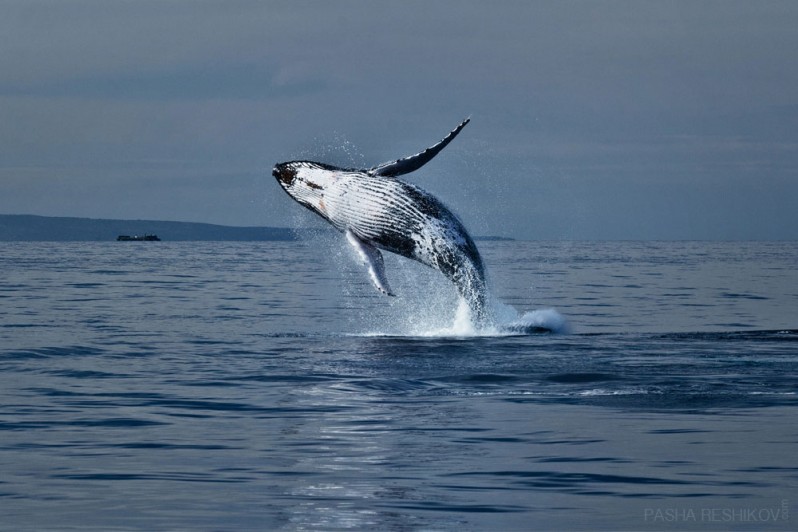
Russian authorities and marine life advocates have signed an agreement to release nearly 100 marine mammals being held in the so-called “whale jail” on Russia’s Far East coast. The whales were illegally captured last summer and fall by four Russian companies that reportedly planned to sell them to marine parks in China.
Scientists Say They Have Found a Viable Replacement for Petroleum-Based Plastic
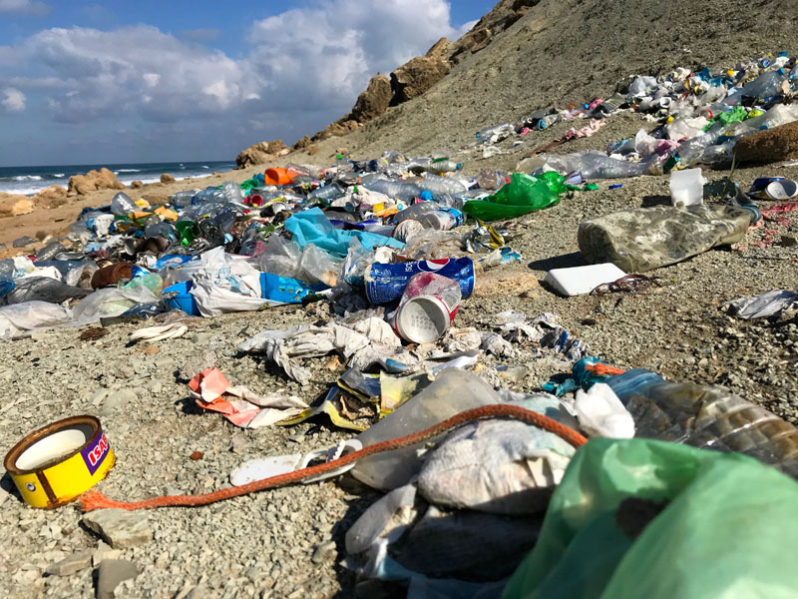
Scientists at Ohio State University say they have developed a viable alternative to petroleum-based plastic food packaging by using natural tree-based rubber.According to the researchers, the new biodegradable material holds promise for fighting the world’s growing plastic pollution problem, as well as for helping curb our reliance on fossil fuels.
